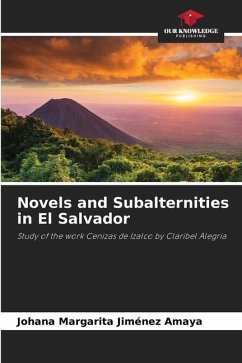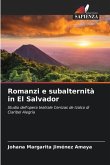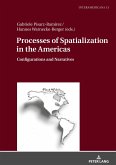The objective of this paper is to analyze the phenomenon of subalternity reflected in a 20th century Salvadoran novel and to identify the contextual factors that explain this phenomenon from the perspective of novelistic fiction. As for the method, the novel Cenizas de Izalco (1997) by Claribel Alegría was studied from the theoretical perspective of subalternity, one of the most significant postcolonial theories within sociocultural and literary history. After the interpretation of the results, it is concluded that the author, through her characters, represents the phenomenon of subalternity in different ways; in the first place, she exhibits the harsh reality of the peasants and indigenous people of El Salvador at the time of 1932; then female subalternity is evidenced both in the public sphere (political-social) and in the private sphere (marital) and finally, the subaltern relations in the military sphere are notorious.
Bitte wählen Sie Ihr Anliegen aus.
Rechnungen
Retourenschein anfordern
Bestellstatus
Storno








